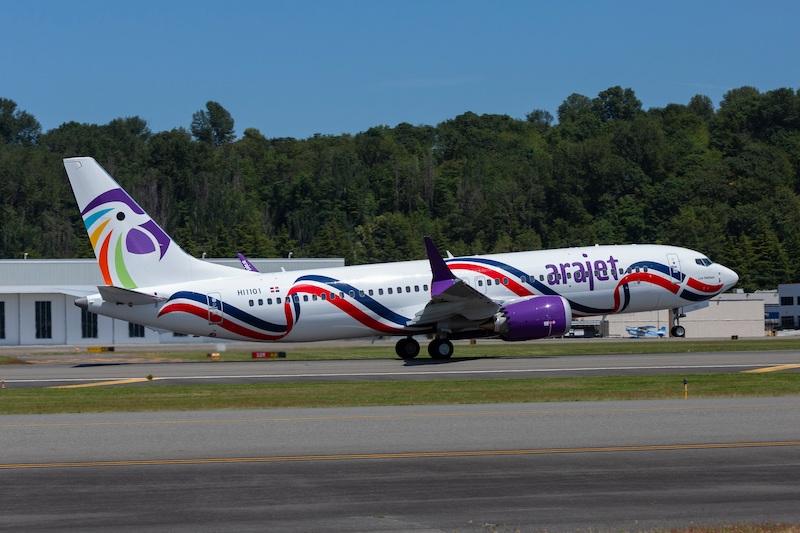
The Dominican Republic's Arajet is among the carriers seeking to enter the U.S. market.
Credit: Boeing
Negotiations for an open skies agreement between the U.S. and the Dominican Republic (DR) have been finalized, paving the way for airlines to increase their networks between the two countries. The nations have signed a memorandum of consultations, marking an end to 25 years of talks to enhance the...
Subscription Required
U.S.-Dominican Republic Accord To ‘Increase Competition’ is published in Aviation Daily, an Aviation Week Intelligence Network (AWIN) Market Briefing and is included with your AWIN membership.
Already a member of AWIN or subscribe to Aviation Daily through your company? Login with your existing email and password
Not a member? Learn how to access the market intelligence and data you need to stay abreast of what's happening in the air transport community.





